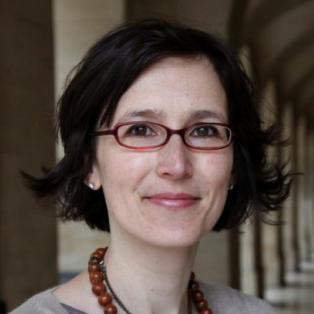UNESCO frictions: Heritage-making across global governance
Proposal summary
This project explores cultural heritage policies in the era of global governance, focusing on their most recent and debated domain, that of Intangible Cultural Heritage (ICH), and on its controversial key development, namely, the “participation” of “communities” in heritage identification and selection.
In tracing the social life of the UNESCO Convention for the Safeguarding of the Intangible Cultural Heritage from diplomatic discussions in UNESCO boardrooms to the implementation of local heritage projects, this project investigates the entire policy chain that links the international arena where standards are negotiated, national heritage institutions where they are domesticated, and local heritage programs where they are implemented in three case-study countries (Greece, Brazil, and China), chosen on the grounds of the diversity of their national heritage regimes.
An ethnographic exploration of complex world governance sheds light on the interactions of particular actor networks in observable situations across multiple scales, thus allowing our analysis to go beyond the simplistic opposition between “global norm” and “local reactions”. In order to follow the successive translations of an international standard, the project focuses on the scenes of the encounter between different heritage regimes and explores the controversies arising from these regimes’ interpretations of the participatory shift introduced by the UNESCO convention.
As anthropological expertise overlaps with the field of ICH, we access these contact zones by engaging with ICH policy implementation as actors in the process we are observing. This combination of multi-scale and comparative enquiry with collaborative ethnography introduces new developments in fieldwork design and ethnographic practice. A reflexive analysis of the radical complicity between researchers and research subjects aims to fill the theory/practice gap in heritage and beyond it, as it ultimately addresses the role of the anthropologist in society.
The research team
The core research team will be composed of five persons: the principal investigator (PI), three post-docs, and a research assistant. While group members will have common expertise in heritage policies, they will also have specific areas of competence (and related linguistic fluency) reflecting their research experience in different cultural and geographical regions. The team thus integrates the complementary specializations required for the realization of effective comparative analysis. The enlarged research team comprises an international advisory board (Ruth Phillips, Michael Herzfeld and George Marcus) and a network of local gatekeepers and specialists of Greek, Brazilian, and Chinese heritage policies.

